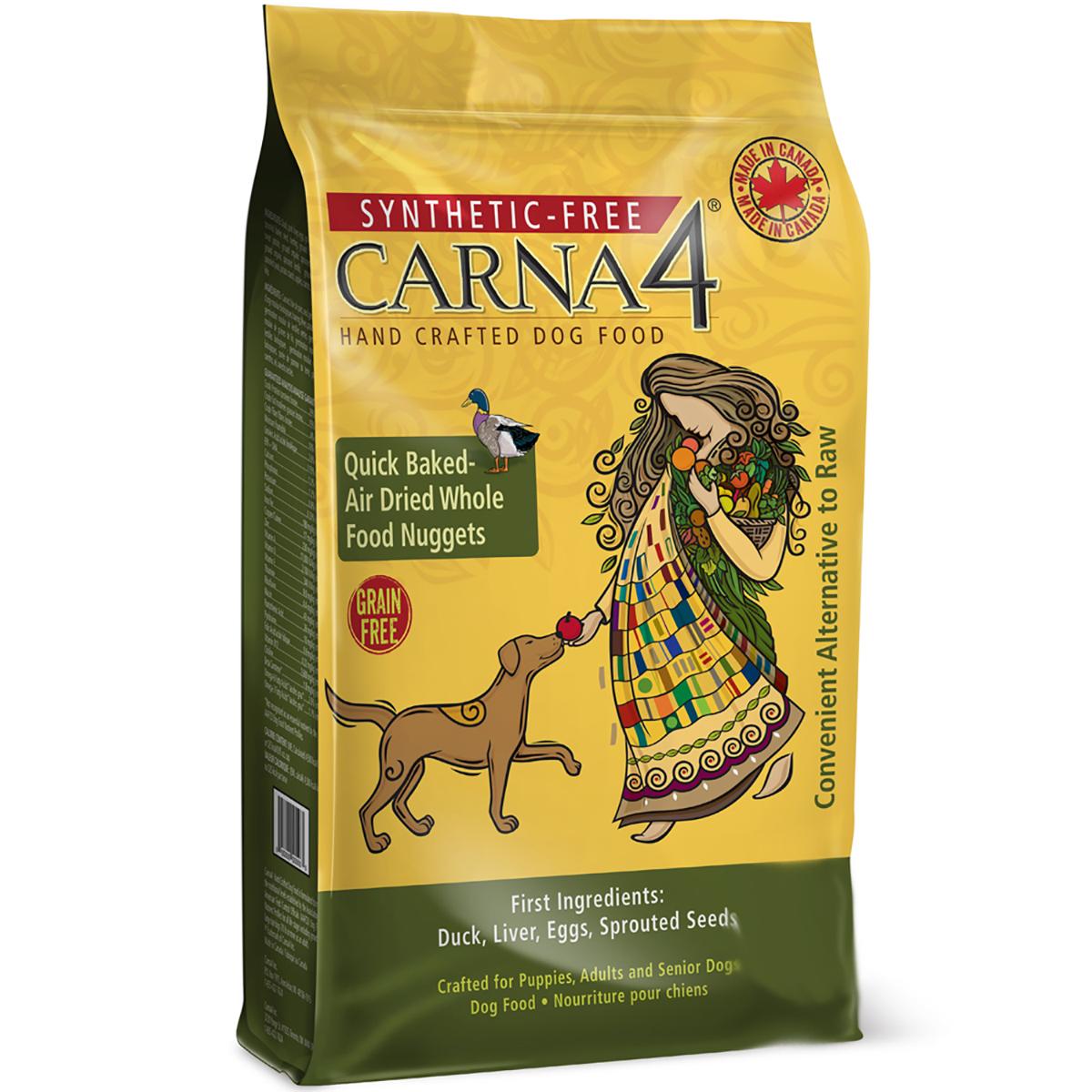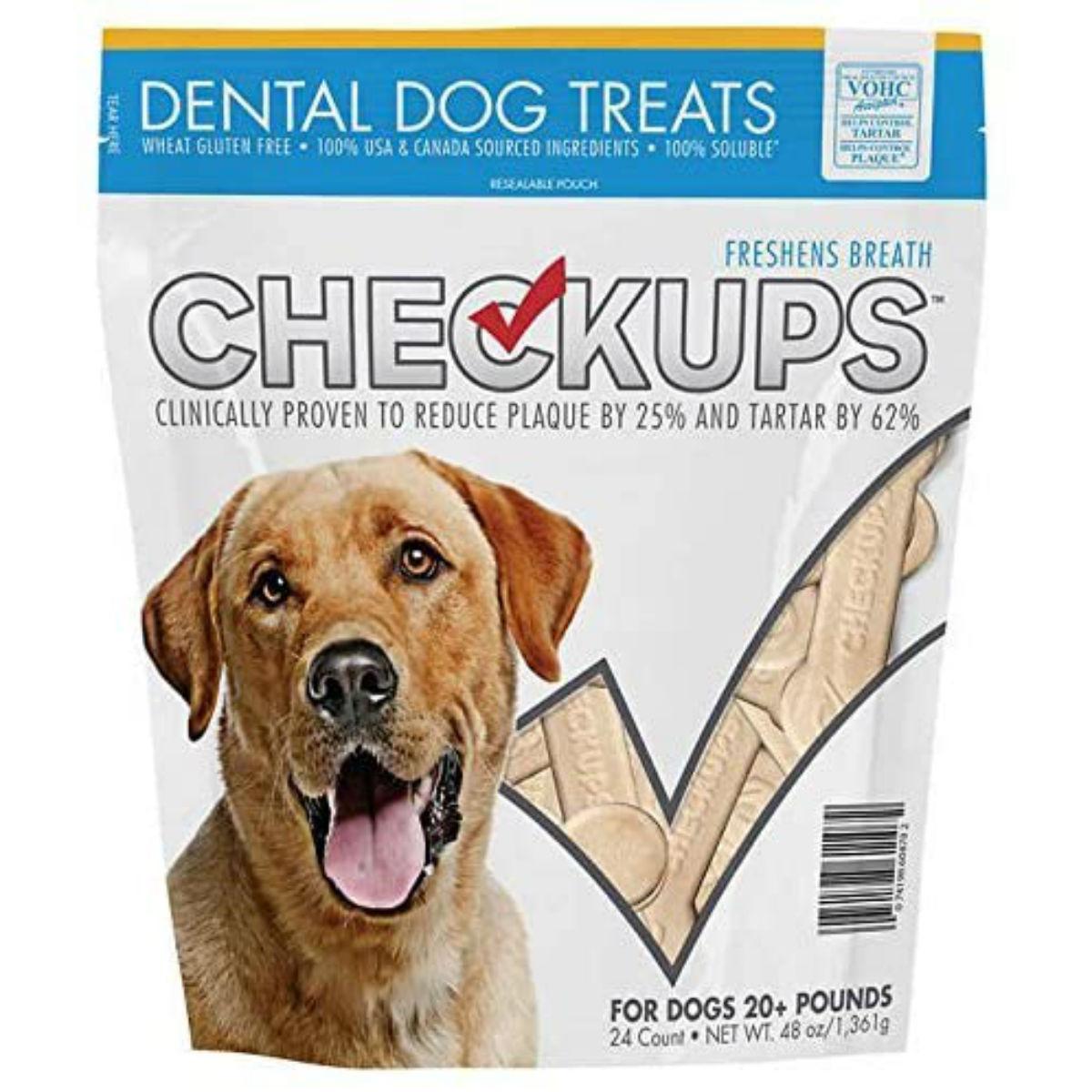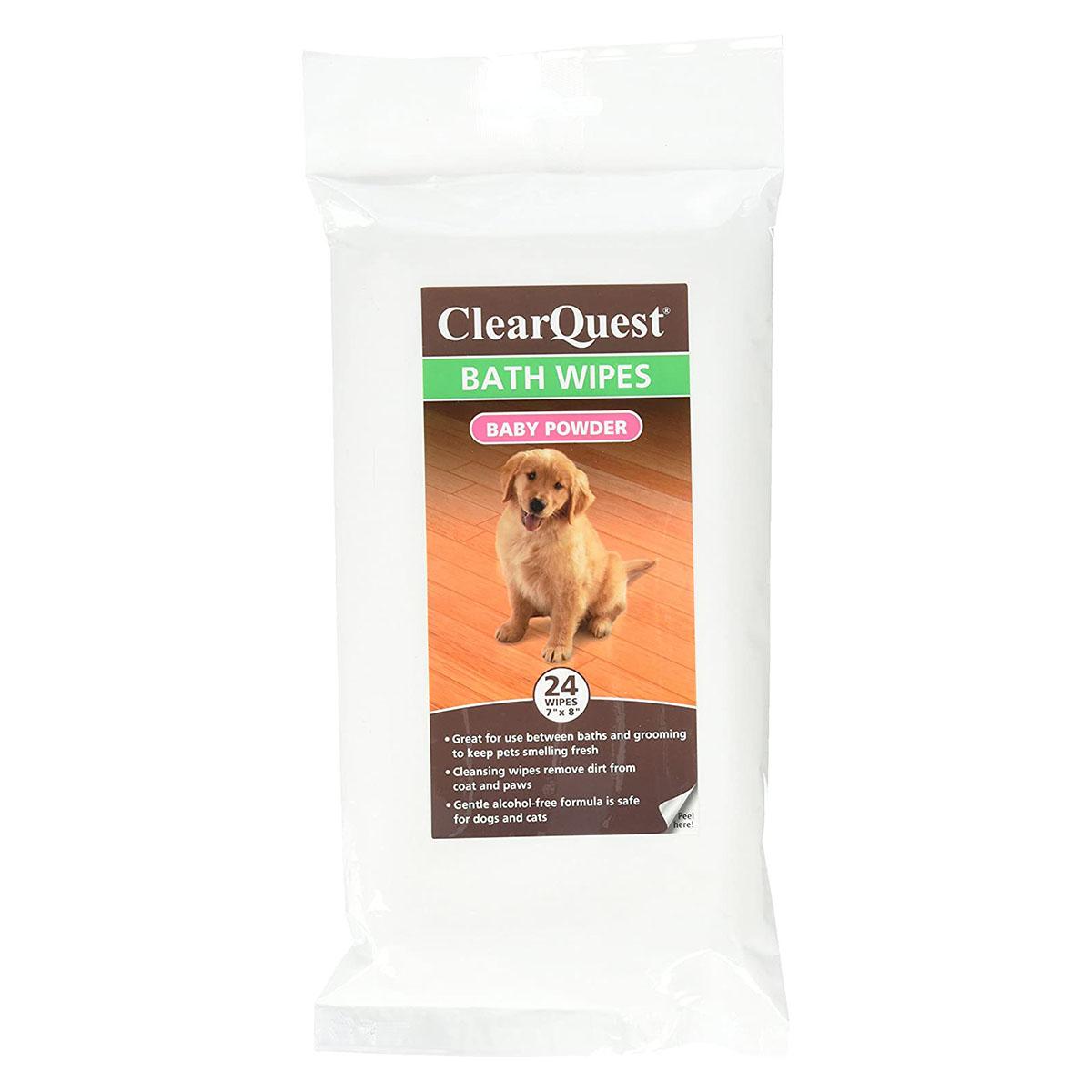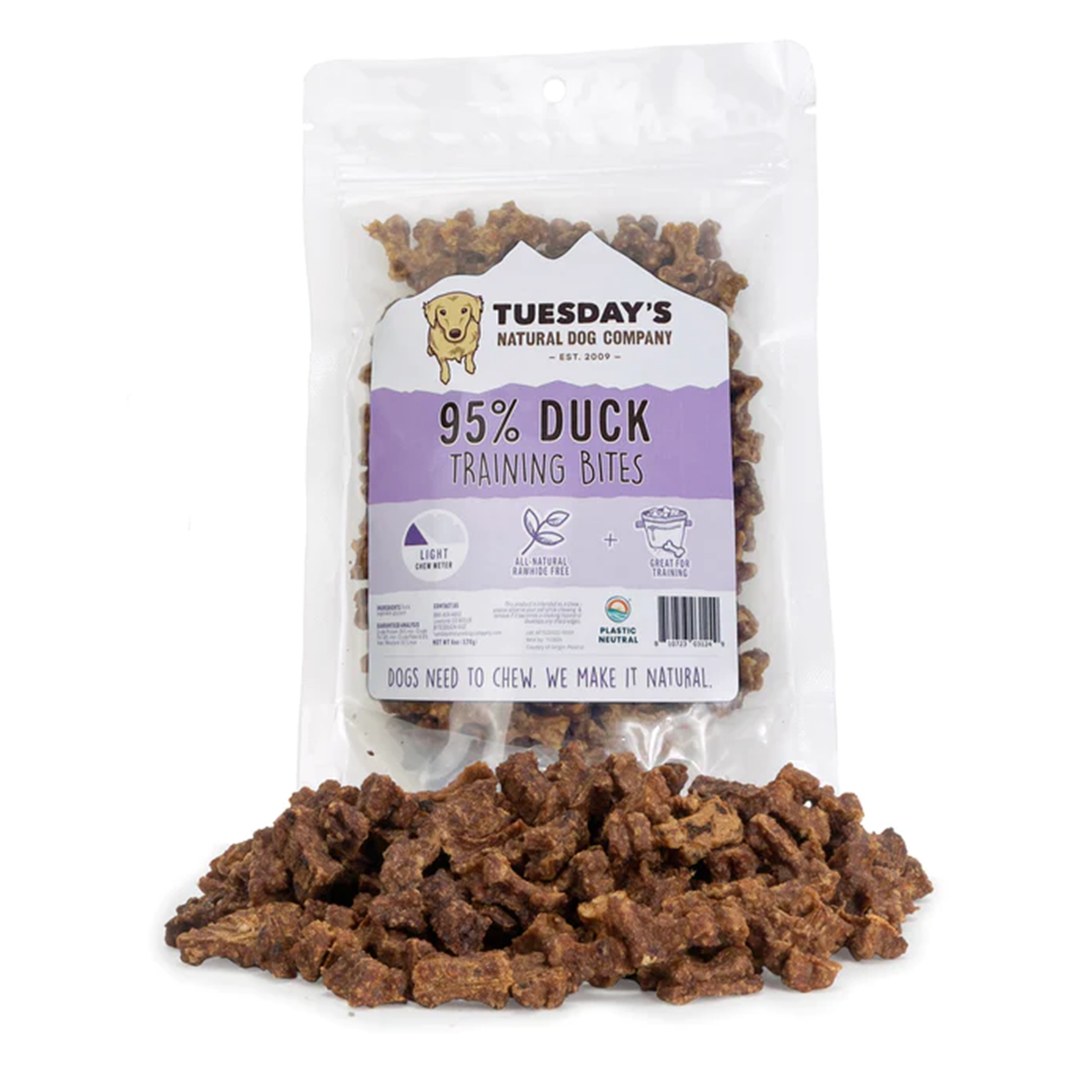|
Side effects may include tiredness, trouble exercising, shortness of breath or cough, unusual heart rate or behavior change.
Other side effects may occur. If you notice anything unusual, contact your veterinarian.
|
|
This medication does not have an FDA approved indication for use in animals, but it is a common and acceptable practice for veterinarians to prescribe this human medication for use in animals.
Before giving Sotalol to your pet, tell your veterinarian if your pet has breathing problems, a history of heart disease or congestive heart failure, an electrolyte imbalance, diabetes, kidney disease, a thyroid disorder, or a history of allergies. Do not stop giving your pet Sotalol suddenly, as doing so might make your pet's condition worse.
Make sure to tell your veterinarian what other medication you are giving to your pet. Quite often your veterinarian may prescribe two different medications, and a drug interaction may be anticipated. In this case, your veterinarian may vary the dose and/or monitor your pet more closely. The following drugs can potentially interact with sotalol: amiodarone, general anesthetics, antacids, antiarrhymics, epinephrine, phenylpropanolamine, anesthetic agents, phenothiazines, cisapride, clonidine, digoxin, erythromycin, and clarithromycin, lidocaine, phenothiazines, reserpine, sympathomimetics, tricyclic antidepressants and calcium channel blockers (verapamil, diltiazem). Contact your veterinarian if your pet experiences any unusual reactions when different medications are given together.
Allergic reactions to medications may occur. Be sure to inform VetSource and your veterinarian if your pet has any known drug sensitivities or allergies. If your pet displays symptoms of an allergic reaction, call your veterinarian immediately or go to a veterinary emergency clinic. Symptoms may include but are not limited to: swollen lips, tongue, face, airways; difficulty breathing; agitation; profuse salivation; vomiting; widespread hives and itching.
|



 Sign In
Sign In 
 Cart
Cart 
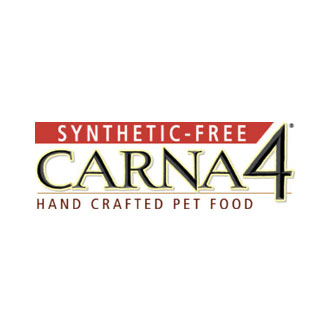










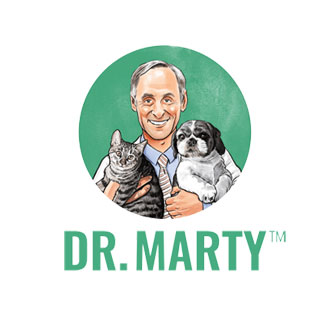

 Get up to 15% Off your 1st Autoship learn more
Get up to 15% Off your 1st Autoship learn more